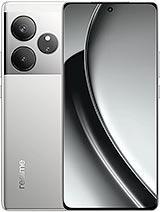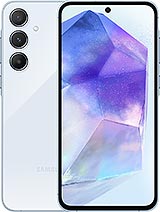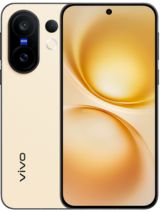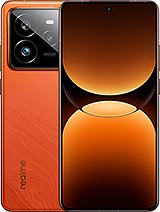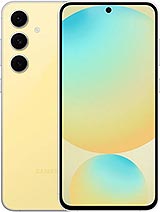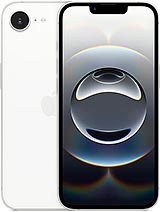Vivo T3 Ultra alternatives
Tap above to see alternatives.
Vivo V40 Pro alternatives
Tap above to see alternatives.
Vivo T3 Ultra

Vivo T3 Ultra
-
Dimensity 9200+
4 nm
-
5500 mAh
80W
-
6.78"
1260 x 2800 pixels
-
50 MP
4K@30/60fps
-
Specs

Vivo V40 Pro
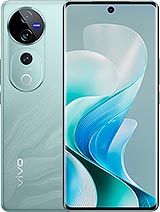
Vivo V40 Pro
-
Dimensity 9200+
4 nm
-
5500 mAh
80W
-
6.78"
1260x2800 pixels
-
50 MP
4K@30fps
-
Specs

1x3.35 GHz Cortex-X3
3x3.0 GHz Cortex-A715
4x2.0 GHz Cortex-A510
1x3.35 GHz Cortex-X3
3x3.0 GHz Cortex-A715
4x2.0 GHz Cortex-A510
8GB 256GB (UFS 3.1)
12GB 256GB (UFS 3.1)
12GB 512GB (UFS 3.1)
f/1.9, 24mm (wide), 1/1.56", 1.0µm, PDAF, OIS
8 MP
f/2.2, 120˚ (ultrawide), 1/4.0", 1.12µm
f/1.9, 24mm (wide), 1/1.56", 1.0µm, PDAF, OIS
50 MP
f/1.9, 50mm (telephoto), 1/2.51", 0.64µm, PDAF, OIS, 2x optical zoom
50 MP
f/2.0, 15mm, 119˚ (ultrawide), 1/2.76", 0.64µm, AF
1080p@30fps
1080p@30fps
f/2.0, 21mm (wide), 1/2.76", 0.64µm, AF
f/2.0, 21mm (wide), 1/2.76", 0.64µm, AF
1080p@30fps
1080p@30fps
SIM1: Nano, SIM2: Nano
SIM1: Nano, SIM2: Nano
FDD: N1, N3, N5, N8, N28
TDD: N40, N77, N78
FDD: N1, N3, N5, N8, N28
TDD: N40, N77, N78
FDD: N1, N3, N5, N8, N28
TDD: N40, N77, N78
FDD: N1, N3, N5, N8, N28
TDD: N40, N77, N78
Both Vivo T3 Ultra and Vivo V40 Pro feature the Mediatek Dimensity 9200+ (4nm), offering similar performance levels in day-to-day use.
Vivo V40 Pro offers 3 years of OS updates, whereas Vivo T3 Ultra provides 2 years. For security updates, Vivo V40 Pro offers 4 years of support compared to Vivo T3 Ultra's 3 years.
Both Vivo T3 Ultra and Vivo V40 Pro feature AMOLED displays, offering vibrant colors and deeper blacks. Both smartphones offer the same 120 Hz refresh rate. Both devices deliver the same brightness level at 4500 nits. Both phones have the same screen resolution.
Both phones are equipped with the same 5500 mAh battery capacity. Both devices support the same wired charging speed of 80W.
Both phones feature the same IP68 rating for water and dust resistance.
- Vivo T3 Ultra – Check price here
- Vivo V40 Pro – Check price here
¹ Scores can vary even with the same chipset due to RAM, thermals, and software optimization.

